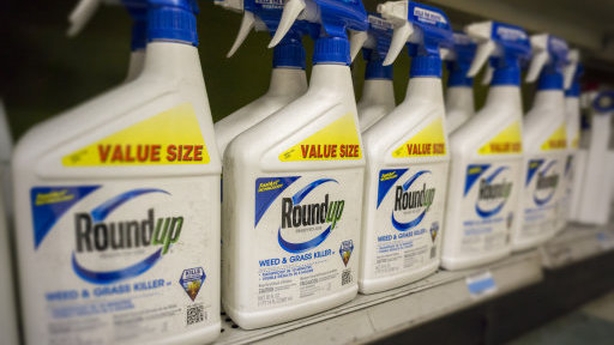Bayer said the economic downturn and the need to preserve cash means it is taking a tougher stance in talks to settle claims its glyphosate-based weedkillers cause cancer, even as its earnings rose.
The pandemic has significantly slowed the mediation process, the German drugs and pesticides company said in a statement today.
"The company will consider a deal only if it is financially reasonable and puts in place a mechanism to resolve potential future claims efficiently," Bayer chief executive Werner Baumann said.
"This applies now more than ever," he added, citing a looming recession and considerable liquidity challenges as a result of the coronavirus pandemic.
The number of US plaintiffs blaming its glyphosate-based weedkillers for their cancer reached 52,500, up from 48,600 in February, the company added.
Bayer denies claims that Roundup - or its active ingredient glyphosate - cause cancer, saying decades of independent studies have shown it to be safe for human use.

The company said first-quarter adjusted earnings before interest, taxes, depreciation and amortisation (EBITDA) rose 10.2% to €4.39 billion, surpassing average analyst expectations of €4.17 billion, according to Refinitiv data.
Bayer, which is due to hold its annual shareholder meeting in a virtual format tomorrow, warned that it was unable to assess the impact of the pandemic on results this year.
The first-quarter beat was driven by a 14% gain in earnings at the agriculture division from higher sales of crop chemicals and corn seeds.
Earnings were further underpinned by a 19% increase in revenue from stroke prevention drug Xarelto.
Bayer also pointed to the stockpiling of drugs as consumers purchased over-the-counter products and patients sought additional prescriptions as a safety net as the coronavirus spread.
Operating cash flow, however, fell to an outflow of €189m, down from an inflow of €1 billion a year earlier, as it brought forward the settlement of agriculture payables and receivables were paid later.

